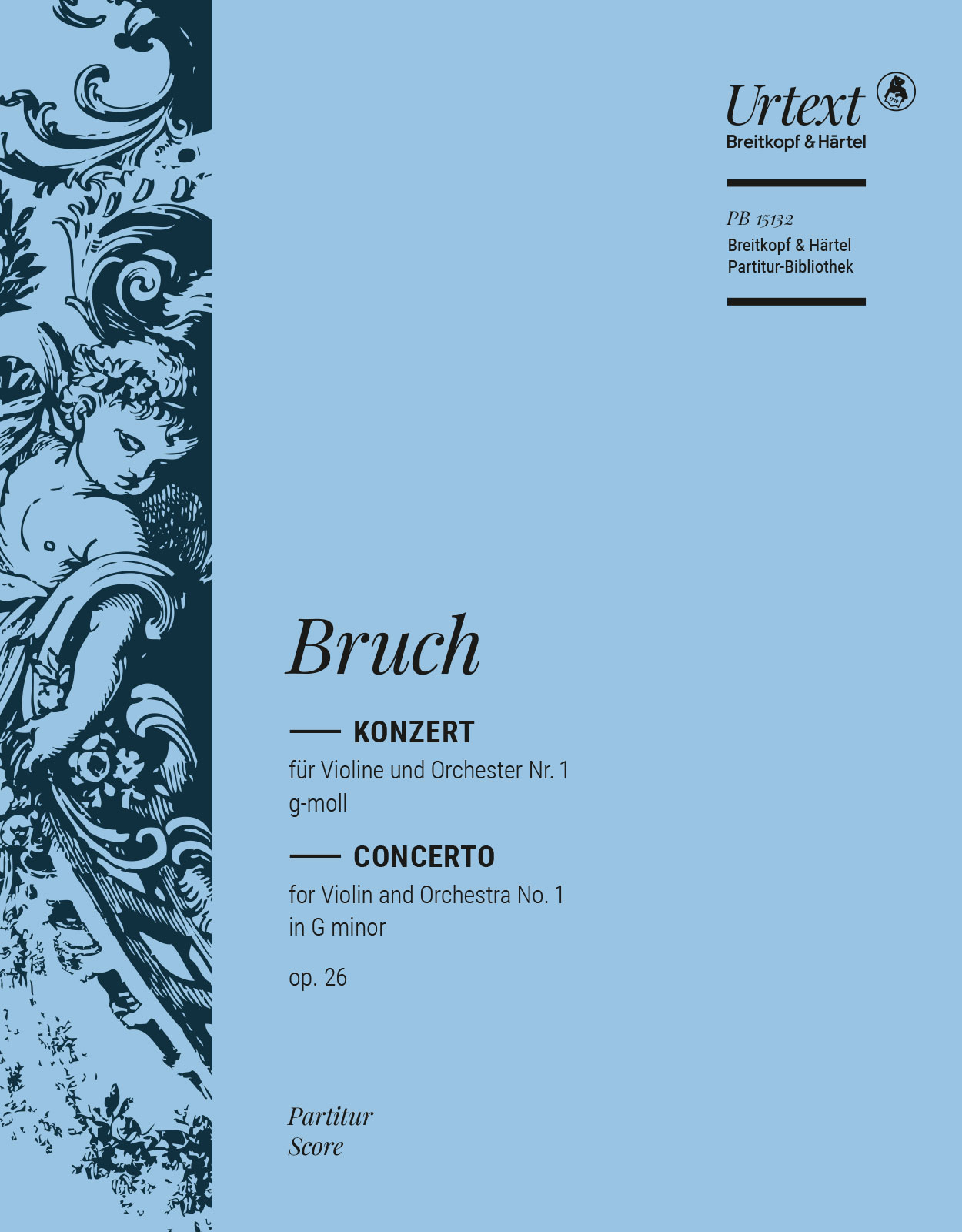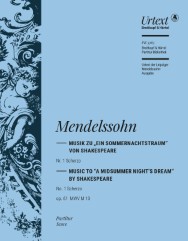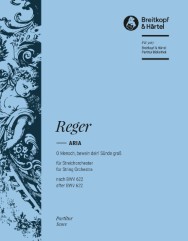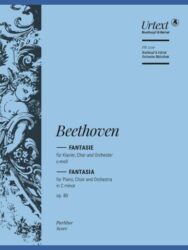Violin Concerto No. 1 in G minor Op. 26
Urtext Score

Composer: Bruch, Max
Instrumentation: Violin and Orchestra
Editor: Kube, Michael
Publisher Breitkopf and Hartel
[tmr_details_contents_exams]
[tmr_truncated_description]
Digital Download – PDF
Shipping costs: No shipping
R.R.P £55.00
Our Price: £46.75
[show_licence_button]
[series_titles]




